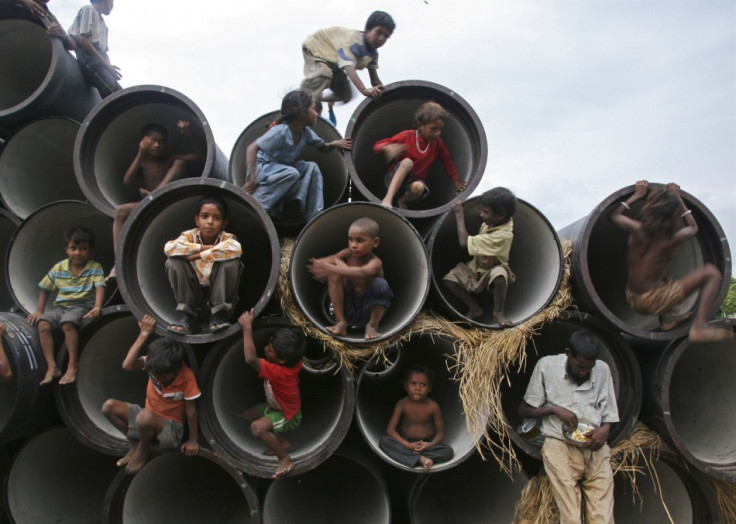World Population Reaches 7 Billion, but Challenges Lie Ahead - UN Report Warns

According to the United Nations State of World Population Report 2011, the world's population will reach seven billion people by October 31 and could surpass 10 billion by 2083 pushing us to face new challenges and implications.
The report titled People and Possibilities in a World of 7 Billion, has surprised more than one analysts since previous UN estimates only predicted the a global population of 10 billion by 2100.
The report marks the moment the world's population will reach 7 billion and explains that "the milestone of seven billion is marked by key achievements, sets back and paradoxes."
Experts have said the latest figures suggest the world could enter a potentially dangerous phase as a mix of population growth, climate change and natural resources shortages are expected to create sustainability problems.
In the last 50 years, the Earth has doubled in population, following high birth rates in Africa, Asia and South America, while the spread of medicine and healthcare improvements have seen child mortality fall.
The reports states that average life expectancy worldwide has increased by 20 years since 1950, from 48 to 69 years and the number of people aged over 60 is expected to reach 2.4 billion by 2050.
Also, more than 1.2 billion people are aged 10 to 19 years old, showing that globally people are at the same time "younger and older than ever before."
On the other hand, the world fertility rate has declined by nearly half in 50 years.
While the global population is increasing, the report highlights the dangers of climate change, which it says risk derailing anti-poverty efforts in various ways as consequences could include more drought, floods or storms.
Such events could lead to another 25 million of malnourished children by 2050, mostly in South Asia, the document states.
Other challenges include the extinction of some 17000 plants and animal species, caused by habitat losses, invasive species, high consumption rates, pollution and climate change.
While better familial planning has been advanced by experts as the best way to limit and control the world's population, campaigners have warned they often come across cultural and religious factors that hamper efforts to improve women' access to education and efforts to reduce the size of families, in certain parts of the world.
The reports also highlights efforts regarding women's rights. While they perform some two thirds of the world's work and produce half of all food, they only earn 10 per cent of the world's income and one per cent of the properties.
Girls also represent more than half of the 143 million young people who are out of school.
© Copyright IBTimes 2024. All rights reserved.






